Selecting the right hot water system often goes unnoticed when individuals relocate. If a new system is on your agenda, we’re here to provide you with all the information you need to make an informed decision.
Many homes come with essential appliances like water heaters already installed to make things easier for new owners. But, since heaters typically last only ten to thirteen years, you might find yourself needing a new one sooner than you’d expect.
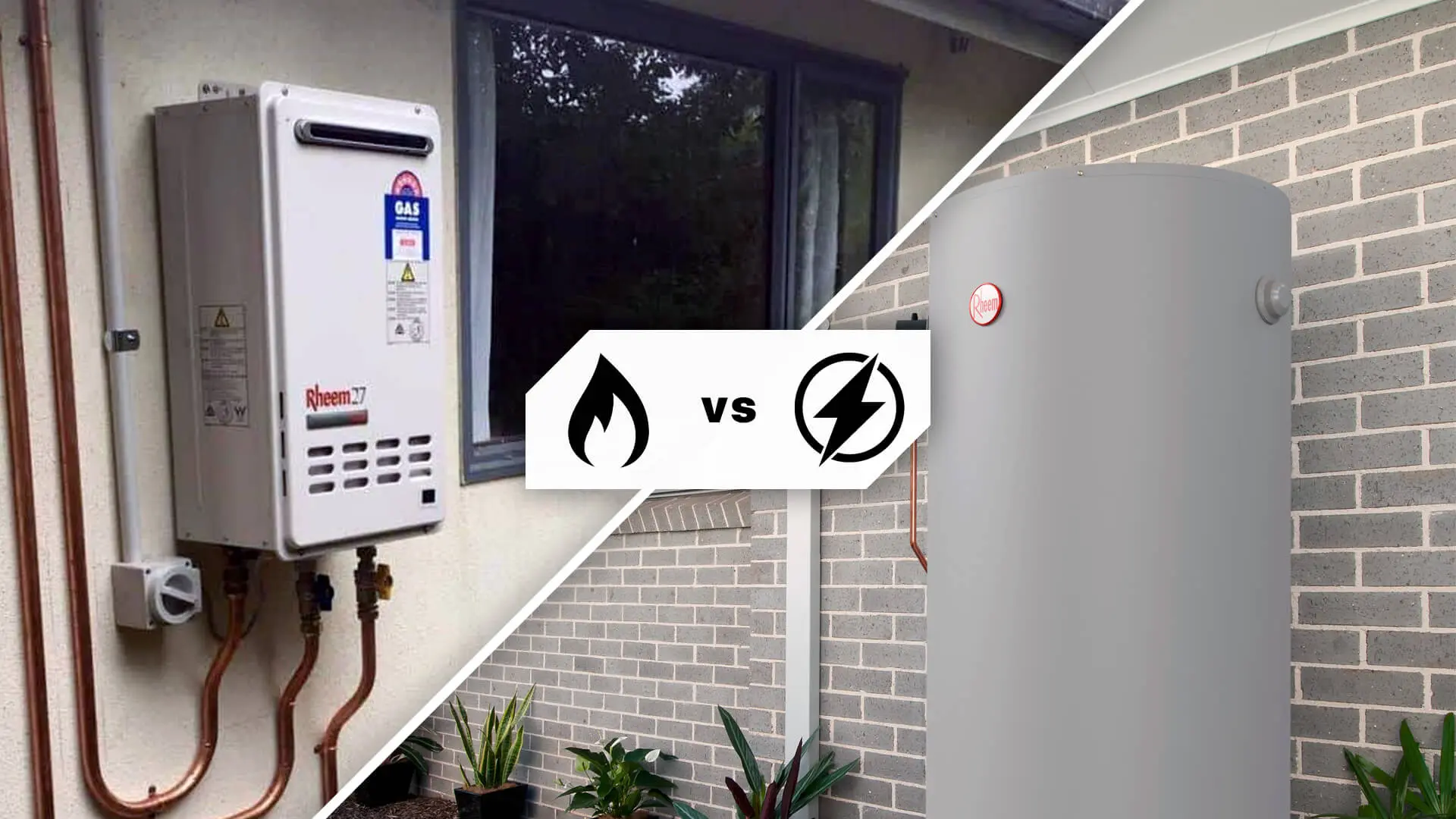
Picking between gas and electric models can be tricky. In the past, people often opted for the cheaper option. However, it’s wise to learn about both types before making a choice to ensure you get the best fit for your needs.
Worry not, as we have come to your rescue with a guide to help you understand the electric water heater vs gas. So, without further ado, let’s get started!
Critical Differences Between Gas and Electric Hot Water Systems
Before diving into the differences, remember that both types have their pros and cons. Sometimes, your choice might be influenced by building regulations. It’s a good idea to check any restrictions related to your home or area before buying a hot water heater.
Now, let’s check out what makes the two variants of heaters different from our gas vs electric hot water guide!
1. Energy Source And Energy Efficiency
The most obvious difference between the two heater types is the energy source. To heat water, gas hot water heaters use a gas burner, propane or butane, fuelling their integrated cylinders. It’s also the most common type of water heater found in homes due to its easy availability.
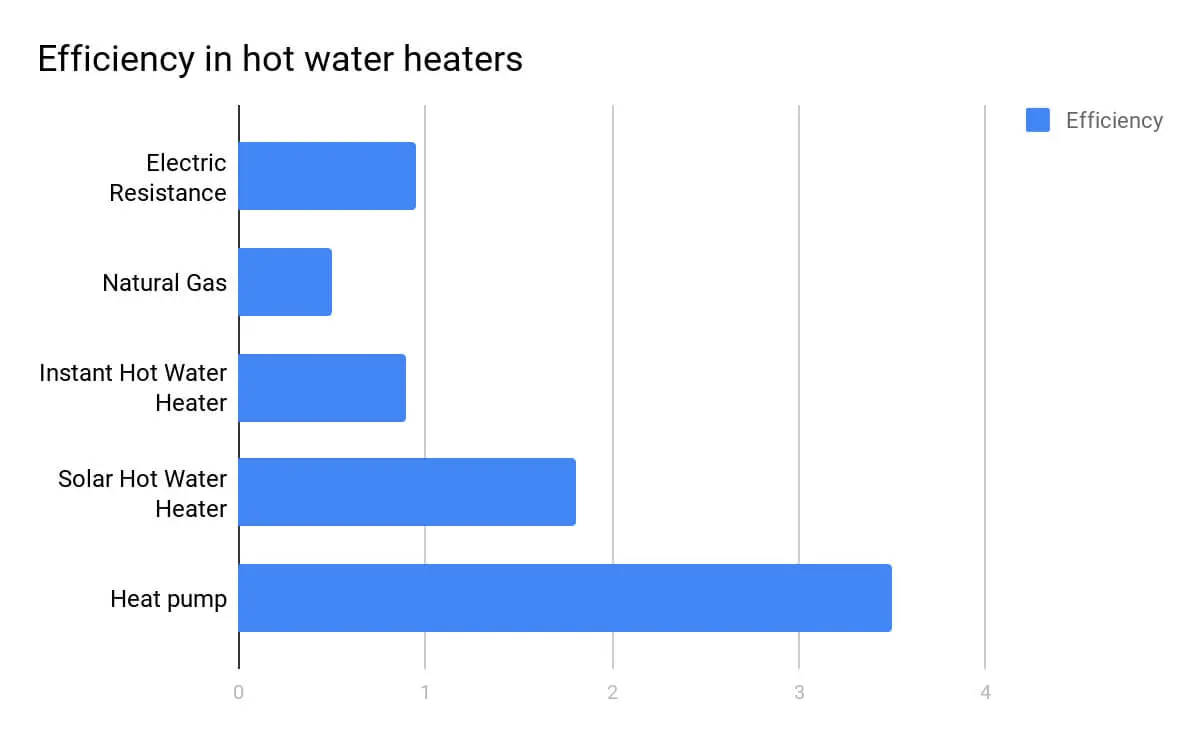
On the other hand, an electric heat water heater is connected to your home’s electrical system, so there’s no need to worry about refuelling. More and more people are gravitating towards electric heaters as they are thought to be more energy efficient. There’s little to no energy loss as, unlike in a gas hot water heater, no venting of spent gas is necessary.
Some folks still opt for gas hot water systems since natural gas can be cheaper than electricity in some spots. If that’s a concern for you, it’s worth comparing gas and off-peak electricity rates in your area before making a decision.
We want to point out that checking the energy efficiency of a gas heater prior to purchase can help you make cost-saving decisions. When in doubt, go for energy-efficient hot water systems with an Energy Star label designed to use less fuel. They are also considered more robust than standard models but may incur significant installation costs.
2. Size And Capacity
When thinking about water heaters, most of us imagine the large gas hot water systems taking up quite a bit of space. Even though the size of water heaters has reduced considerably, the gas-powered models still require plenty of room to set up. Moreover, the additional fixtures and a connection to the vent mean you can only set them up in areas like the basement or garage.
Look at the image below to help decide your home’s water usage based on how many people will use the hot water unit.
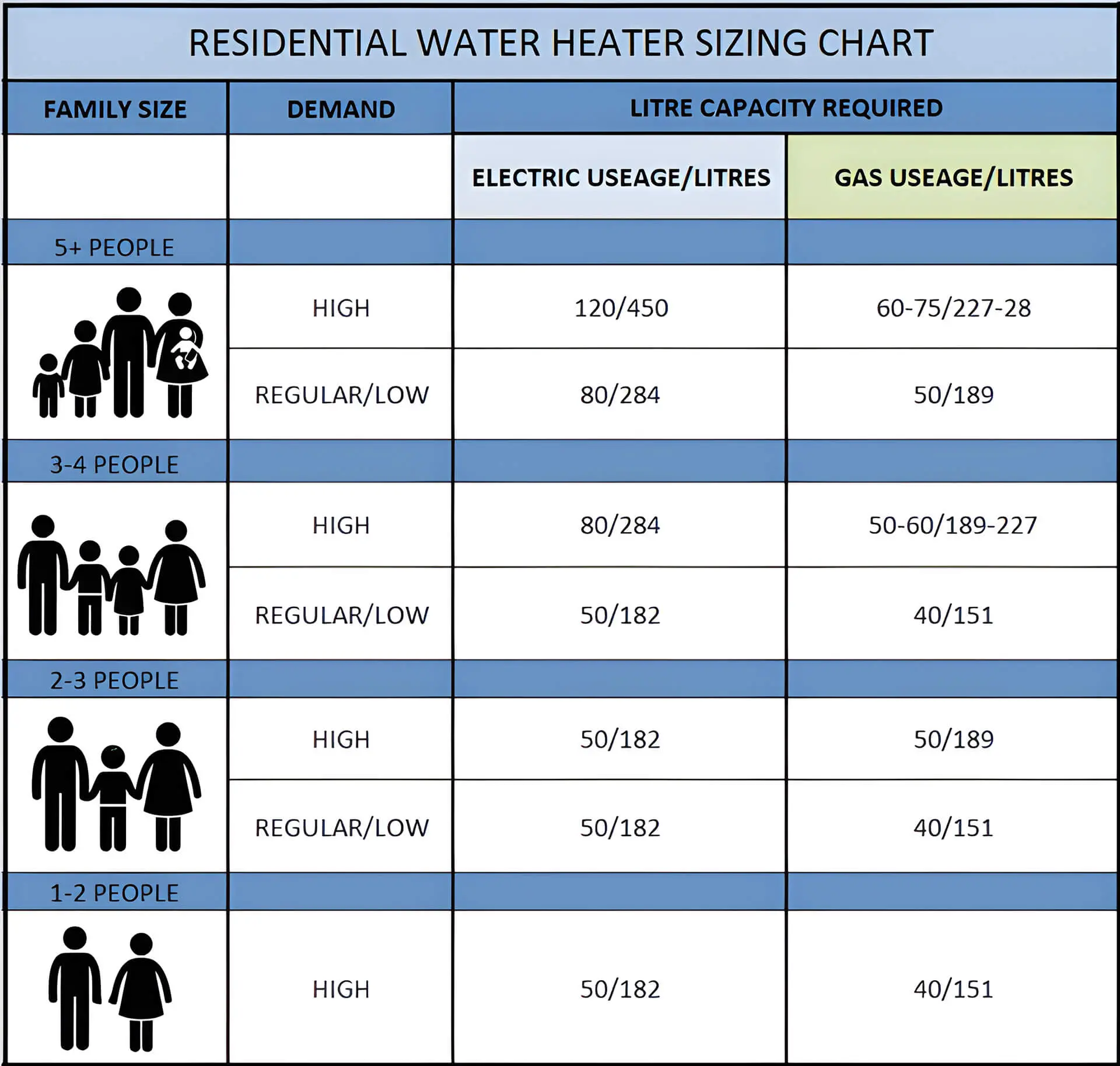
Contrarily, electric storage systems are generally more compact, offering flexibility in installation location within your home. Therefore, an electric water unit might be optimal for facing spatial constraints. Consider instantaneous hot water systems without a storage tank, contributing to less greenhouse gas emissions, just like electric heat pump systems.
Electric systems and gas continuous flow storage tanks offer capacities ranging from about 90 to 450 litres. Traditional gas systems often boast larger tank sizes. However, instead of just eyeing capacity, it pays to consider the recovery time of a heater, which impacts how quickly you get hot water again after use.
The recovery time, a critical consideration in any water heating decision, is when a system must reheat its stored water so you don’t run out of hot water once it has cooled. This process is facilitated by the built-in heat pump technology that is a fundamental part of all hot water systems. Gas storage systems have faster recovery rates, so you may want to choose one if you have an enormous household.
If an instantaneous hot water supply is what you’re after, consider the installation of a point-of-use water heater, typically connected to your kitchen faucet. These systems are noted for their energy efficiency and ease of installation, requiring no modifications to the existing plumbing system. Such gas continuous flow systems are particularly popular among coffee enthusiasts and various business entities
3. Installation And Maintenance
One point people often overlook while installing a hot water system is its installation. If your home has a pre-existing system, you must contact a plumbing service provider to take it down and install a new unit. In most cases, installing a gas hot water heater costs a bit more as it needs to be connected to a gas line.
Another thing to know is that you may need to pay more to install a gas hot water heater instead of an electric hot water system. A plumber must extend the gas line and create a vent to install a gas water heater.
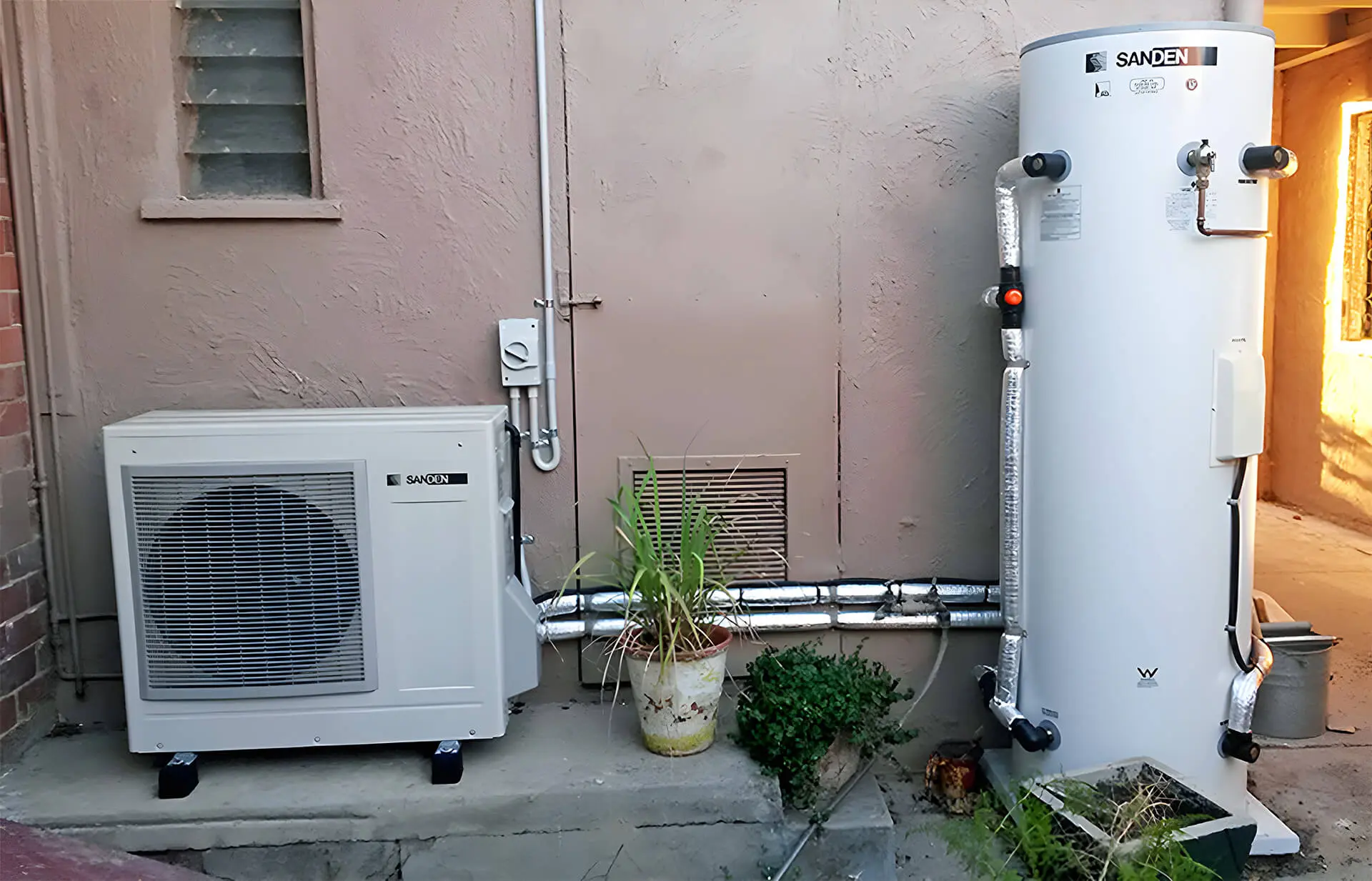
Even though gas lines connect most houses, there might be some exceptions. In such situations, your plumber must seek additional permission from local authorities before installing the gas water heater. Hence, it will invariably end up taking more time and money.
Besides installation, maintenance is equally important. Thankfully, keeping your heater in top shape, whether it’s gas or electric, is usually straightforward and hassle-free.
We suggest finding a trustworthy plumbing service provider near your home who can take care of occasional maintenance. A hot water service usually includes fixing hot water leaks, tank clean-up, gas pipe inspection, fixing pipes, and other general plumbing needs.
Overall, we found maintenance costs similar for both heater types, but more frequent services might be required for gas-powered units. If you’re considering a gas hot water system, inspect the gas lines with a certified plumber to prevent leaks.
4. Overall Cost Differences
We’ve pointed out that cost shouldn’t be your only worry when considering a new hot water system. Still, it’s important to weigh both systems against your budget. Usually, costs are split into upfront expenses and ongoing running costs.
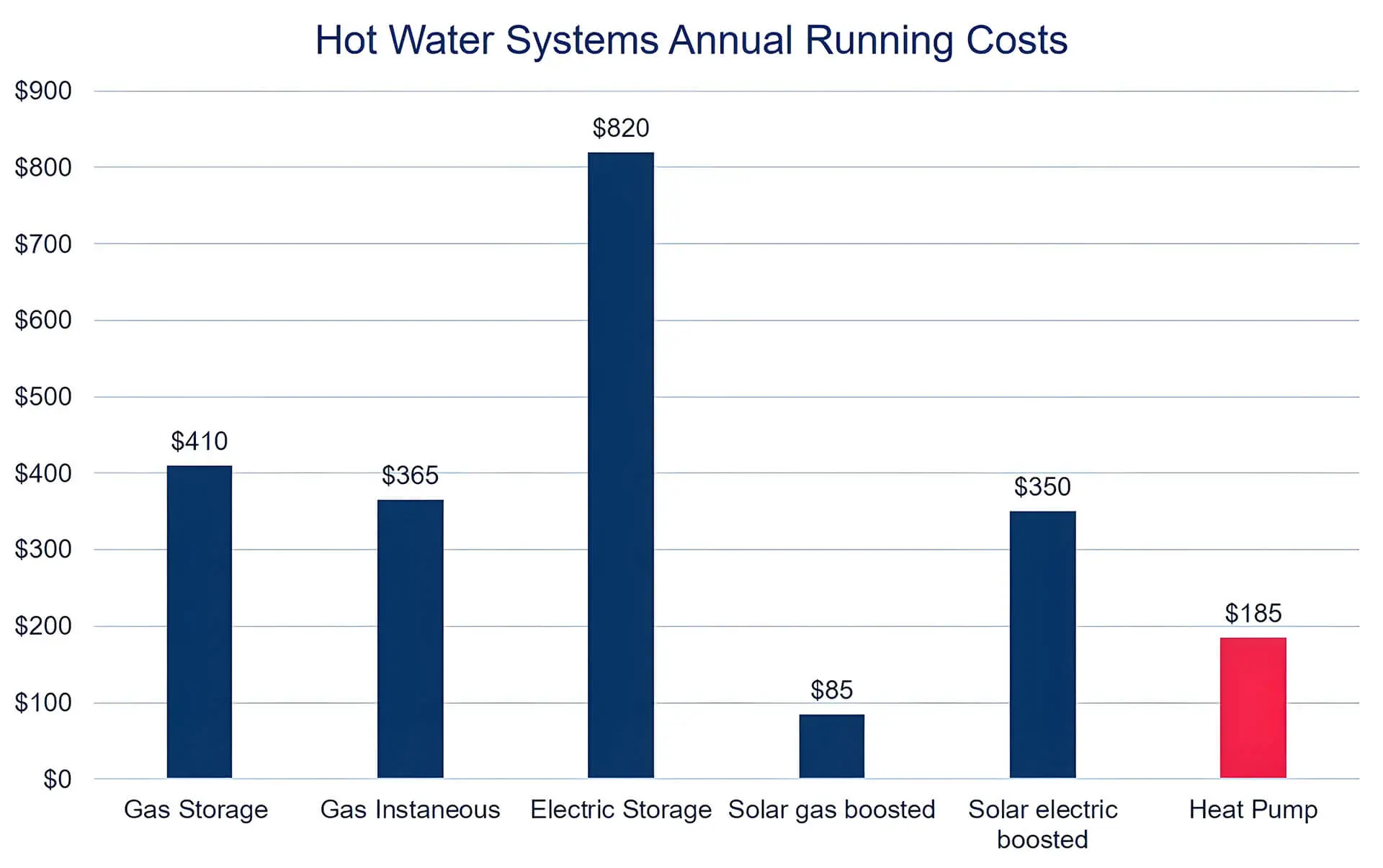
When comparing the upfront costs, we found the gas water units to cost considerably more, especially when the installation charges are included. However, while calculating the overall running costs, gas vs electric hot water running costs may sway towards gas as being cheaper. This primarily stems from the notion that gas is cheaper than electricity, a factor that contributes to a notable decrease in energy bills.
Nevertheless, consider that the final cost may differ drastically based on the size of a heater, frequency of use, maintenance charges, and expenses for upgrading plumbing. We also found that gas heaters may have a slightly lower lifespan, so you may need to change them sooner.
5. Safety
Before discussing safety, we would like to point out that purchasing water heaters from a reputable brand is essential. You should also ensure that the company has proper licencing and that the appliances are certified in Australia.
Usually, electric water heaters are safer than gas systems as there’s no threat of gas leaks. Plus, there’s the threat of carbon monoxide leaks in the case of gas units, so proper ventilation is indispensable in homes with gas water heaters.
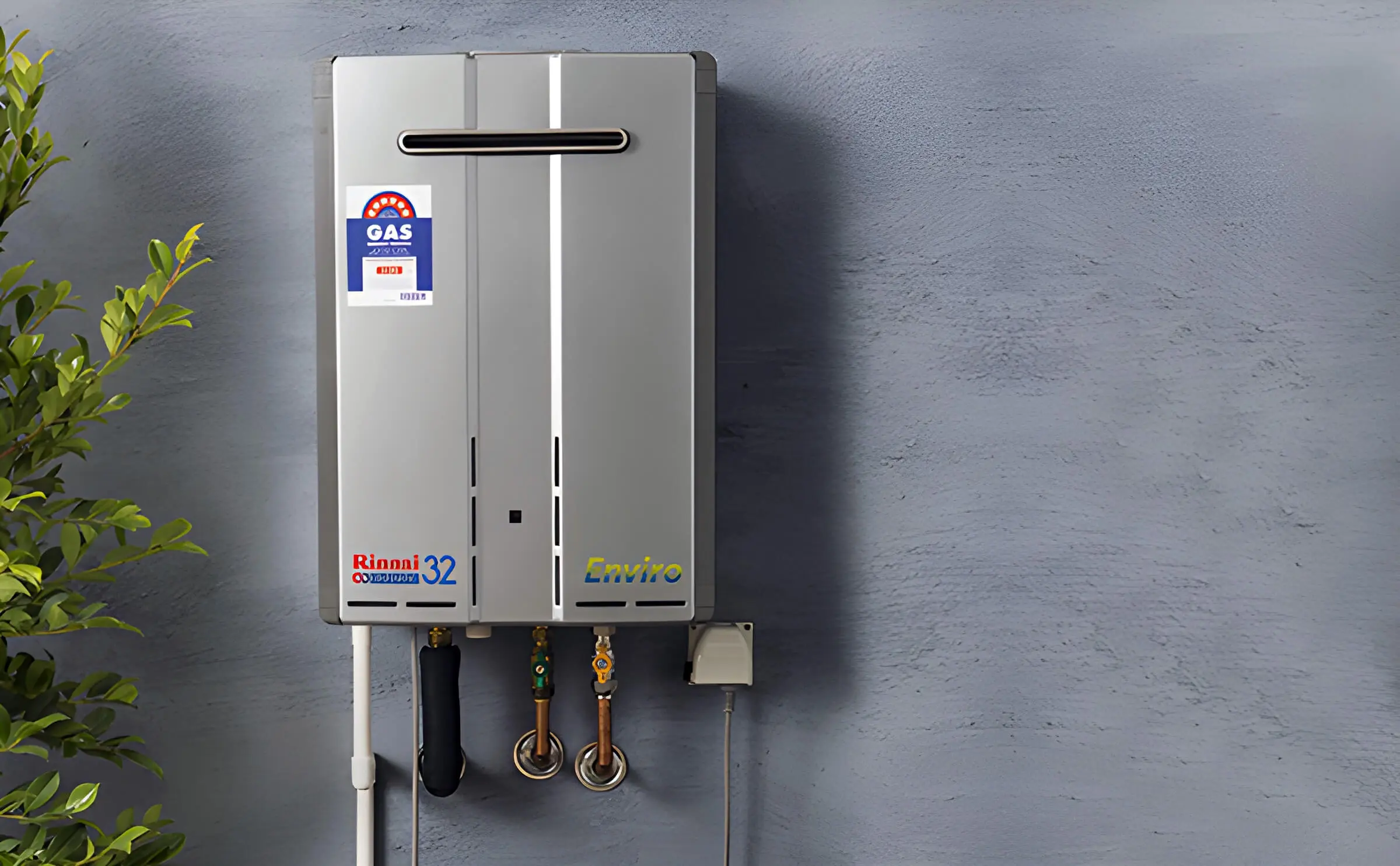
You may choose an electric hot water heater for convenience and safety when choosing one for apartments or small homes. Similarly, based on how much hot water is required daily, you may consider installing tankless water heaters that take up little to no space.
Proper maintenance, regular cleaning of vents, and gas checks ensure healthy gas-powered systems with no safety threat. Always have the number of a local emergency plumbing provider on your speed dial to deal with such issues, and be regular with servicing your gas heater systems.
6. Environmental Concerns
We understand that many of you are concerned about the environmental implications of using gas or electric heater systems. Yes, a gas system will invariably lead to high greenhouse gas emissions from units powered by natural gas or propane. Even though modern electric systems don’t directly use gas, they may impact nature based on where the electricity comes from in your area.
Among the two options, electric models are the more best option for reducing environmental footprint. However, you may go one further step and explore solar water systems and their heating options that are the most energy-efficient and environmentally friendly.
Solar hot water systems are another great way to lower your energy usage for homes with solar panels installed. A solar hot water system can lower ongoing running costs by saving energy when extracting heat. Typically installed outdoors like other systems, often integrating advanced heat pumps, a solar heater improves water efficiency. With the rising cost of power, solar could be a cost-effective solution for your home or business.
Our Conclusion: Electric or Gas Hot Water?
That’s everything we had to tell you about the differences between gas and electric hot water systems. We hope the mentioned points will help you decide based on your needs.
If you feel confused about choosing a hot water system for your home, don’t forget to consult a professional, licenced plumber. They will assist you in choosing the right-sized water heater for your space and save money where needed.
Furthermore, it’s recommended to seek help from a certified plumber to uninstall and install water heaters. Assistance from a reputed plumbing service provider guarantees better satisfaction and may lower upfront costs.
If you have any questions or need further assistance, please get in touch with us. Until next time, take care!



